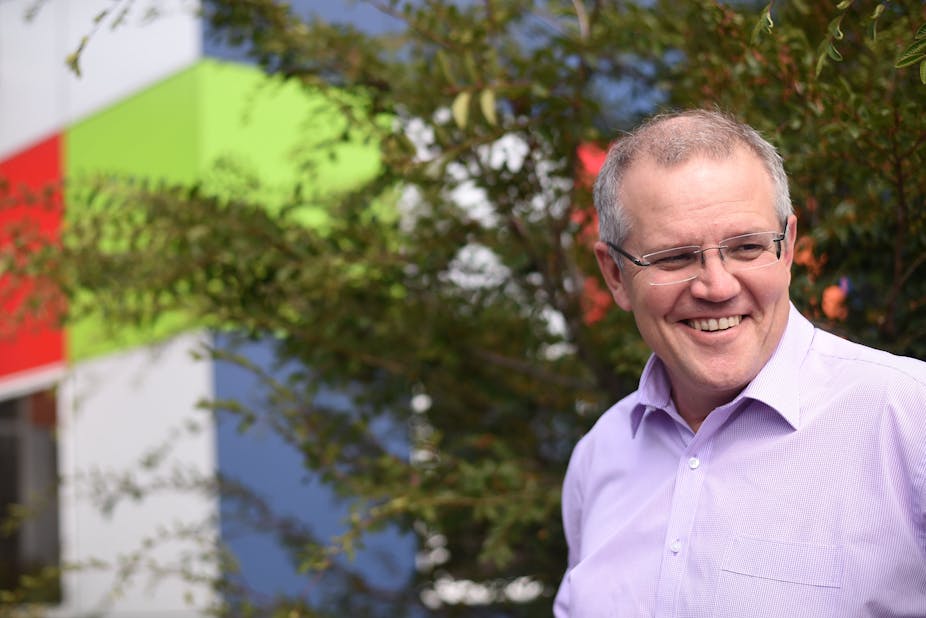Labor has called on the government to say how it would ensure the quality of child care and protect working conditions in its $246 million two-year pilot scheme to subsidise nannies for shift workers and regional residents.
Opposition families spokeswoman Jenny Macklin said Labor wanted to see flexible childcare options, but the government should put out its full child care plan rather than crumbs of it.
Social Services Minister Scott Morrison, announcing the pilot scheme, said 4000 nannies would care for 10,000 children in families who cannot readily access mainstream services. The program will start in January.
Unveiling the first part of the government’s broader child care reforms, Morrison said the means tested help would be directed especially to lower and middle income earners.
It would support shift workers, such as police officers, firefighters, nurses, ambulance officers and others working irregular hours. It would also provide help for people in regional areas that lacked the services of cities.
The Australian Chamber of Commerce and Industry (ACCI) said the pilot scheme had great potential to improve access to child care services. ACCI also wants the government to make it easier for households to employ overseas au pairs by creating a specialist visa category, although it is not calling for these to be subsidised.
Morrison rejected criticism from some quarters that the nannies scheme was using taxpayers money to subsidise baby sitters. “It fundamentally misses the point – and the point is that nannies provide support to key workers in our economy, in our community that we rely on and they’ve largely been ignored,” he said. “This change will ensure they’re no longer ignored.”
The subsidy level would be lower than for long term day care and other forms of care because of lower overheads, Morrison said.
There would be a tapered rate of assistance based on the family’s income. He said about 60% of families with three children earned $120,000 or less. “That’s really the area also where we know that families need to access these types of services, particularly if they’re in those sorts of occupations.”
The nannies will need to have a first aid qualification as well as a working-with-children qualification. Morison stressed that other qualifications were not necessary because “we’re talking about a different type of service here”.
“We’re not talking about a 9-till-3 school hour-type service where people are engaged in education,” he said.
The subsidy would go to registered service providers, not direct to families.
Morrison said that overall, the government would be spending more on child care and early learning. This would be fully offset with savings from last year’s budget that were still not legislated.
The Australian Nanny Association said it had been lobbying for the change for the past three years.

